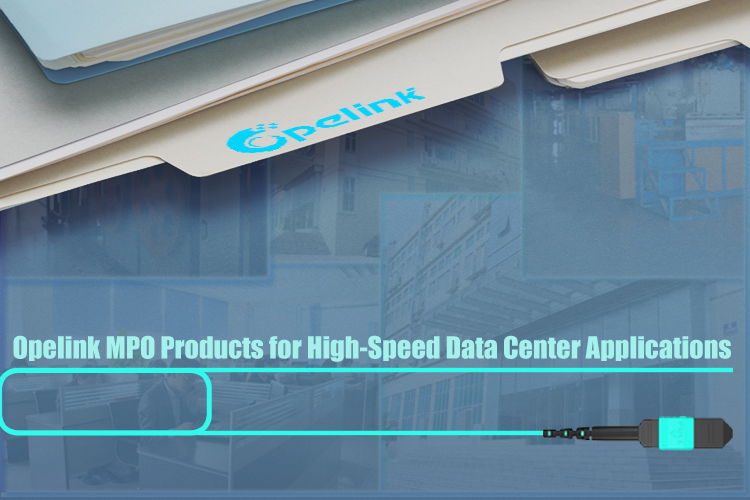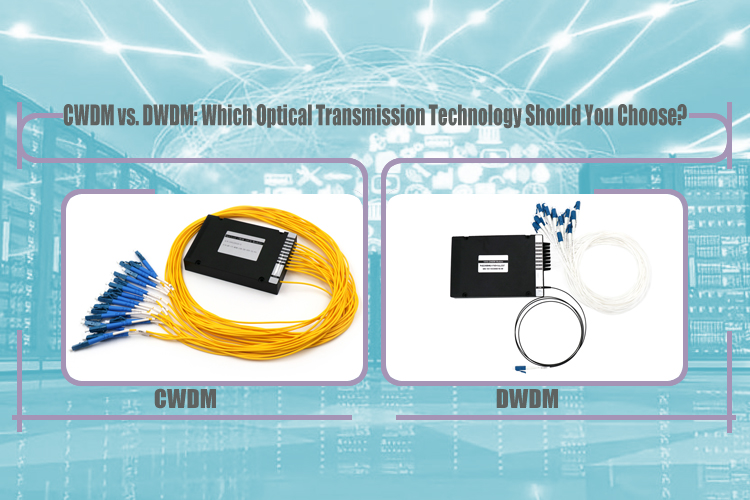Blockchain Economy: Revolutionizing Industries in the Era of Web 3.0
In the upcoming era of web 3.0, expectations for the blockchain economy are soaring as this revolutionary technology continues to transform various industries. Blockchain, the underlying technology behind cryptocurrencies like Bitcoin, has proven to be a game-changer in terms of security, transparency, and efficiency. As we delve into the implications of blockchain in the economy, it becomes evident that this decentralized ledger system has the potential to reshape the way we conduct business, exchange value, and interact with digital platforms.

One of the key expectations for the blockchain economy is the democratization of finance. Traditional banking systems have long been criticized for their exclusivity and lack of accessibility, leaving a significant portion of the global population unbanked or underbanked. Blockchain technology enables financial inclusion by providing secure, peer-to-peer transactions without the need for intermediaries. This empowers individuals to have greater control over their finances and participate in the global economy on equal footing.
Moreover, the blockchain economy promises to revolutionize supply chain management. With blockchain, every step of a product's journey can be recorded on an immutable ledger, ensuring transparency and traceability. This technology enables consumers to verify the authenticity and ethical sourcing of products, fostering trust and accountability. By eliminating counterfeit goods and reducing fraud, the blockchain economy can enhance consumer confidence and drive sustainable practices across industries.
The impact of blockchain extends beyond finance and supply chains. Web 3.0, characterized by decentralized applications (DApps), is expected to disrupt the current centralized internet model. Blockchain-based DApps offer increased privacy, data ownership, and security for users. By removing the need for intermediaries and central authorities, users can regain control over their personal information, reducing the risk of data breaches and surveillance. This shift towards a more user-centric internet has the potential to redefine digital interactions and reshape the power dynamics between individuals and tech giants.
However, along with the promises of the blockchain economy come challenges and ethical considerations. Scalability and energy consumption remain significant hurdles for widespread adoption. Blockchain networks like Bitcoin consume a substantial amount of energy, raising concerns about their environmental impact. Efforts are underway to develop more sustainable consensus mechanisms and improve scalability to accommodate mass adoption without compromising efficiency or sustainability.
Additionally, regulatory frameworks need to adapt to the blockchain economy. As blockchain disrupts traditional financial systems, governments and regulatory bodies must strike a balance between fostering innovation and protecting consumers. Stricter regulations are needed to prevent money laundering, fraud, and other illicit activities while still fostering a favorable environment for blockchain startups and businesses.
In conclusion, the expectations for the blockchain economy in the era of web 3.0 are high, with transformative potential across various sectors. As blockchain technology continues to evolve, its impact on finance, supply chains, and digital interactions will redefine how we interact, transact, and trust in the digital age. While challenges and ethical considerations persist, the blockchain economy offers a glimpse into a future where transparency, inclusivity, and user empowerment are at the core of our economic systems.

 The Future of Fiber Optic Communication Network Architecture: Evolution and the Role of SDON Technology
The Future of Fiber Optic Communication Network Architecture: Evolution and the Role of SDON Technology
 What opportunities and challenges does free-space optical communication technology face?
What opportunities and challenges does free-space optical communication technology face?
 Opelink MPO Products for High-Speed Data Center Applications
Opelink MPO Products for High-Speed Data Center Applications
 CWDM vs. DWDM: Which Optical Transmission Technology Should You Choose?
CWDM vs. DWDM: Which Optical Transmission Technology Should You Choose?